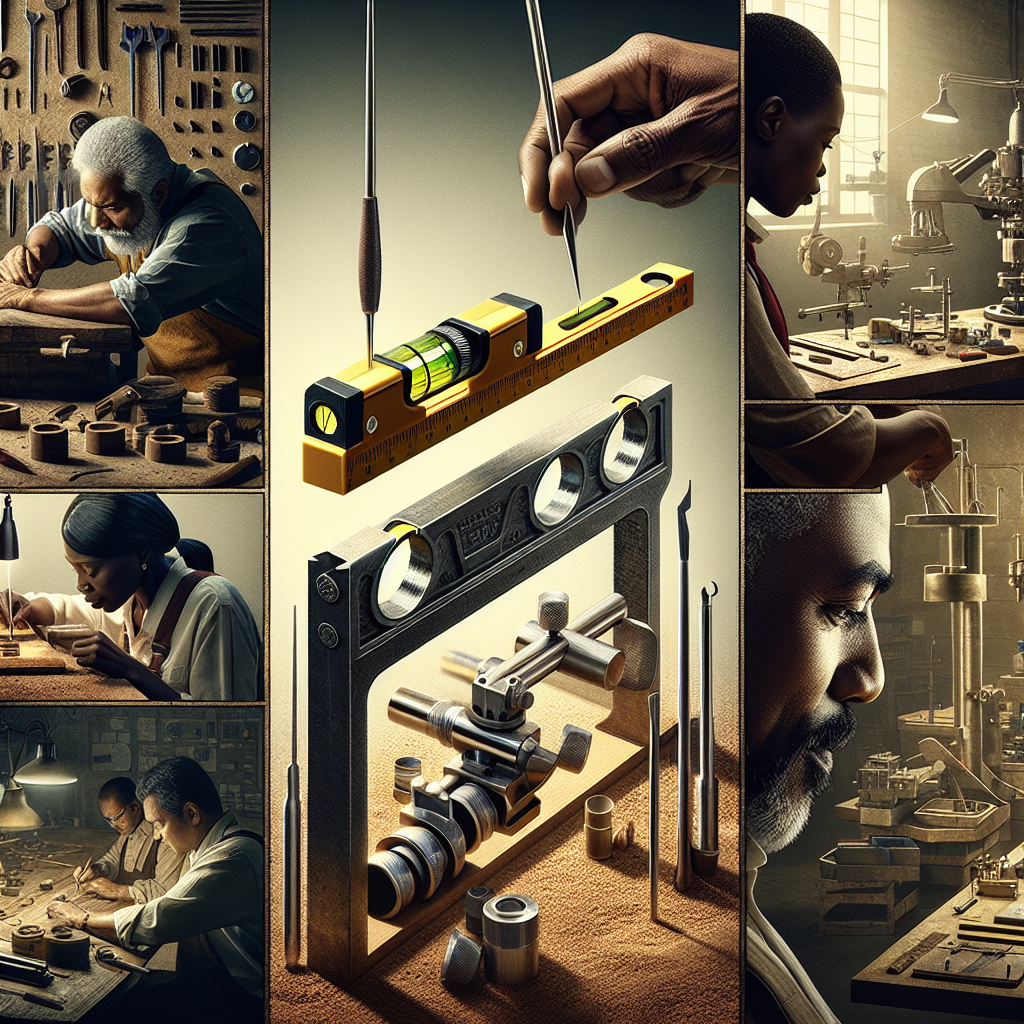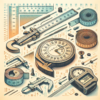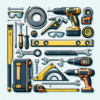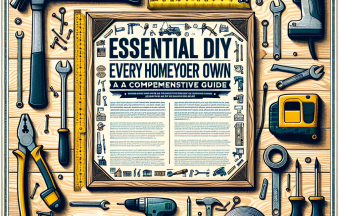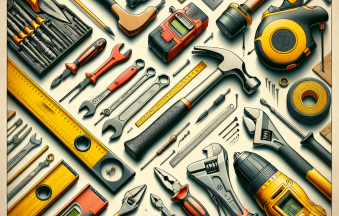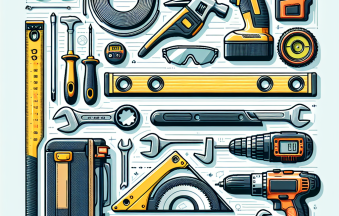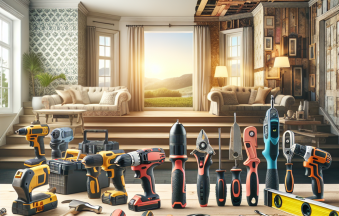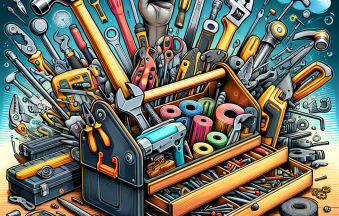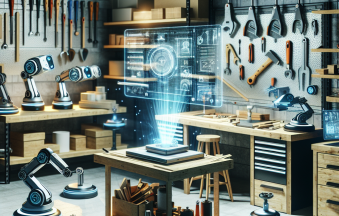Whether you’re an experienced DIY aficionado or just beginning your venture into home enhancement, possessing the appropriate tools is vital for accomplishing the task effectively and securely. From household instruments to construction materials, and electrical apparatus to kitchen necessities, this guide delves into a variety of categories of DIY tools that will facilitate your projects and enhance your experience.
Household Instruments
Let’s start with the fundamentals—household instruments. Depending on your undertaking, you may require a few key tools. A premium-quality cordless drill often ranks high on many DIYers’ menus. It provides the advantage of mobility and power for various tasks, ranging from hanging artworks to assembling furnishings. Remember to include a multifunctional screwdriver set, which is ideal for putting together and taking apart nearly anything.
If you’re planning to tackle larger repairs, a level can assist you in ensuring that shelves and frames are entirely straight. Another essential tool is a utility knife, which is excellent for a range of cutting jobs, from unboxing packages to trimming materials.
Construction Materials
When engaging in any construction endeavor, possessing the appropriate materials is fundamental. Supplies like plywood, timber, and drywall are essential in most building projects. If you are undertaking a more substantial renovation, think about investing in quality safety equipment—such as goggles, gloves, and a hard hat—to keep yourself protected throughout the construction.
Fast-setting concrete and mortar mix are crucial for outdoor tasks like setting fence posts or erecting external structures. These materials provide strength and longevity, ensuring that your constructions endure over time.
Electrics
Electrical tasks can be daunting, but having the correct tools can greatly simplify the workload. Begin with a dependable multimeter for checking voltage, current, and resistance. Pair this with a wire stripper for effective wire preparation before making connections. For straightforward wiring tasks, having a solid set of electrical connectors and terminals can be extremely useful.
Don’t underestimate the significance of safety gear! Electrical gloves and a voltage tester can assist in averting accidents. As you become more confident with electrical projects, consider acquiring a soldering iron for crafting custom connections and repairs.
Hardware & Fasteners
Every DIY endeavor incorporates some form of hardware or fasteners. A well-equipped toolbox will feature assorted sizes and types of screws, nails, and anchors. It’s beneficial to have organizers or small bins to maintain these items sorted and easily retrievable.
Before commencing a project, take a moment to assess which fasteners you will require. For instance, drywall screws are specifically engineered for attaching drywall, whereas masonry screws are better suited for brick and concrete. Selecting the appropriate fastener guarantees a more durable and robust assembly.
Culinary & Lavatory
In the kitchen and bathroom, practical tools can create a significant impact. Installations frequently necessitate specialized tools such as a pipe wrench for plumbing tasks or a caulking gun for sealing joints around sinks and bathtubs. A sink installation kit typically includes not only the faucet but all the other essentials, streamlining the process from beginning to end.
Don’t forget measuring cups and spoons that can assist with projects like countertop installation where exact measurements are essential. Moreover, having a generous stock of sponges and cleaning supplies readily available will help maintain your new enhancements spotless!
Light Fixtures & LEDs
Regarding illumination, selecting the appropriate bulbs can dramatically alter a space. LEDs are energy-efficient and come in a variety of colors and brightness levels. This adaptability allows you to cultivate the ideal ambiance in any area. Ensure you have a selection of light bulbs stored for different fixtures or repairs, including standard, recessed, and pendant lighting options.
Additionally, think about investing in smart bulbs that can be manipulated remotely, offering energy efficiency and customizable lighting settings. A sturdy ladder is essential for safely replacing those high-up bulbs.
Illumination & Fans
Speaking of illumination, the tools required for installation may differ from those needed for changing bulbs. For fans, you’ll want a robust ladder and possibly a socket set for more intricate installations. Having a partner can also be beneficial, especially when lifting and mounting heavy items like ceiling fans.
Measuring Instruments
One of the most vital components of any DIY initiative is measurement. A high-quality tape measure is indispensable. Opt for one that features both metric and imperial measurements for versatility. A laser level is an excellent investment for ensuring precision, especially when installing shelves, artwork, or cabinetry.
Don’t forget a square and a marking tool for guaranteeing that angles are exact when cutting wood or drywall. These straightforward measurements can save you a considerable amount of time and resources throughout a project.
Painting & Wall Resources
Lastly, let’s discuss painting and wall resources. A good paintbrush or roller is crucial, along with trays and tape for achieving clean lines. For larger tasks, a paint sprayer can save both time and effort, particularly on expansive surfaces. Don’t neglect to use drop cloths to shield your floors and furniture from spills!
Having the appropriate tools accessible not only renders your DIY projects safer and more productive but also more enjoyable. Embrace your creativity and savor the journey of transforming your space!

